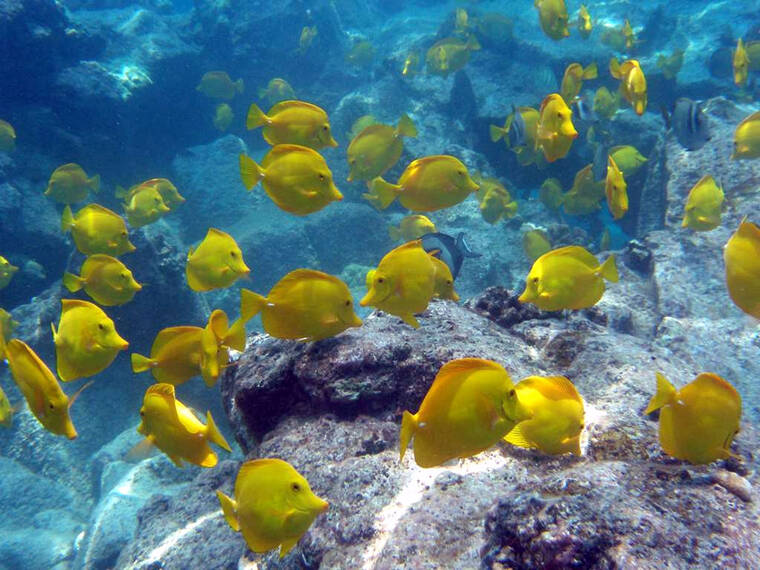Day is going great - thanks for checking.
I hear blah blah blah - you're repeating yourself with ton of words and not much content.
You said the following, back it up. Why?

Did you see who you quoted?
Edit: I see you caught it. Look - I'm a hobbyist just like you. We all have our budgets and break points. I'm not paying anyone a stipend to keep their animals so have no say. I also try and be careful to not say things like better or best regardless of what we are talking about. I can't prove it nor is it my line of work.
The bla bla bla part you noted maybe is correct about me. I tend to harp on the price point because it seems a stupid hill to die on. In my opinion. None of us know how much effort it takes to bring a fish to market. The fact that some are available it at least gives us option regardless of what our moral compass is set to.
Hopefully that makes sense. Also I was being sincere about asking about your day. It does matter to everyone and all that I ask because after all this is a hobby that we all share a common interest in.



















